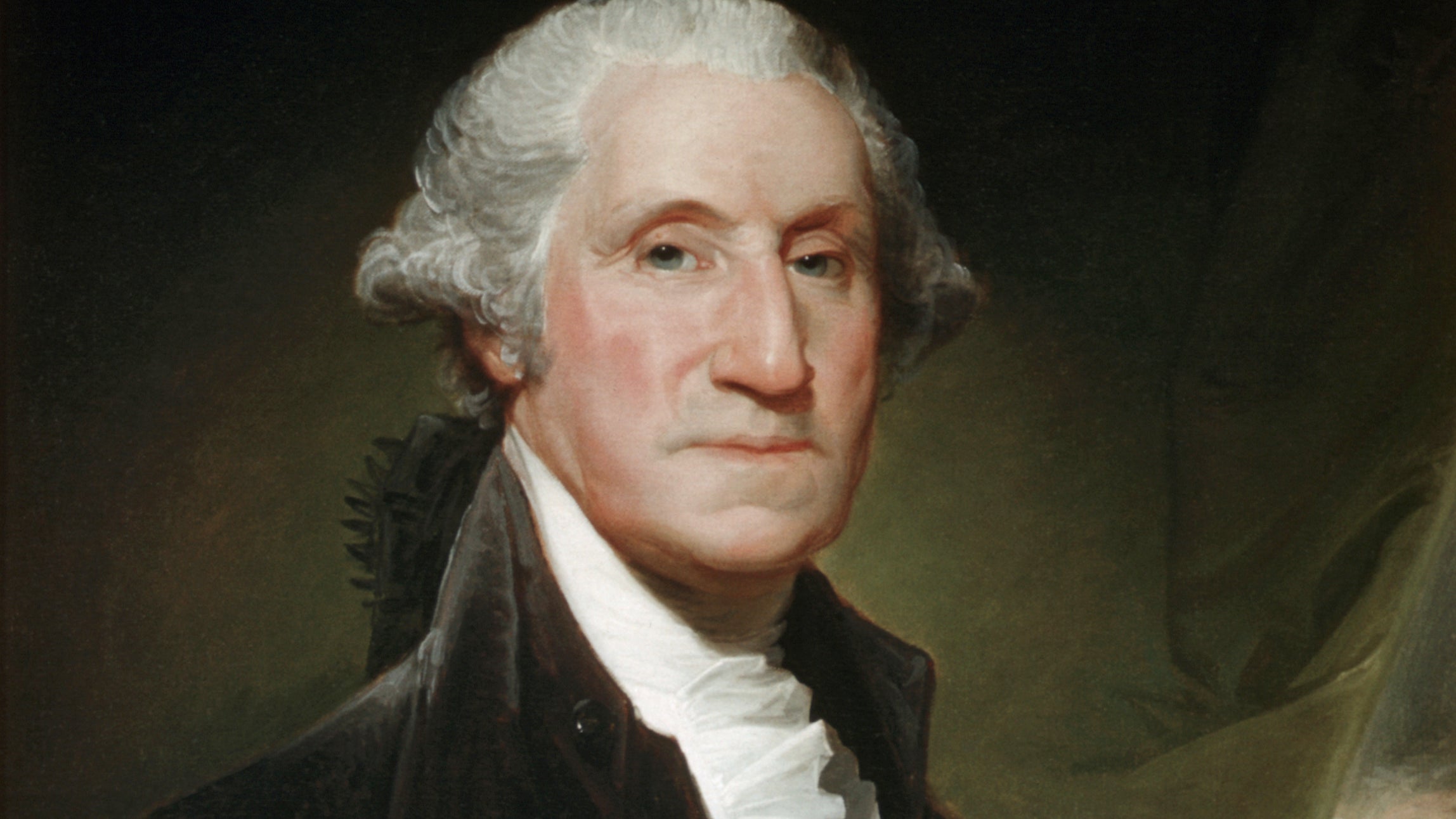quebec-oui.org – George Washington, known as the “Father of His Country,” served as the first President of the United States from 1789 to 1797. His leadership and vision helped lay the foundation for the newly formed republic, and his presidency set significant precedents that continue to shape the office today.
Early Life and Background
Born on February 22, 1732, in Westmoreland County, Virginia, Washington grew up in a colonial family with roots in British gentry. His early career as a surveyor and his later role as a soldier in the French and Indian War prepared him for leadership. His military success during the Revolutionary War as the Commander-in-Chief of the Continental Army cemented his status as a national hero, making him the unanimous choice to become the first president.
The Unanimous Election
In 1789, after the ratification of the U.S. Constitution, Washington was unanimously elected as the first president of the United States. His leadership during the Constitutional Convention and his reputation for fairness and wisdom made him the natural choice. Washington took office on April 30, 1789, and his two-term presidency established many traditions for the office, including the formation of a presidential cabinet and the precedent of a peaceful transfer of power.
Major Accomplishments of Washington’s Presidency
During his eight years in office, Washington faced numerous challenges as the young nation sought stability and direction. Some of his most significant accomplishments include:
- Establishment of the Federal Government: Washington and his administration were tasked with implementing the new Constitution. He helped organize the executive branch, appointing the first cabinet members, such as Thomas Jefferson as Secretary of State and Alexander Hamilton as Secretary of the Treasury.
- Neutrality in Foreign Affairs: One of Washington’s guiding principles was neutrality in international conflicts. The United States, still a fragile and fledgling nation, could not afford to be entangled in the European wars of the time. Washington’s Proclamation of Neutrality in 1793 helped avoid conflict with Britain and France, ensuring the nation could focus on internal development.
- The Whiskey Rebellion: In 1794, Washington faced a domestic challenge when farmers in western Pennsylvania rebelled against a federal excise tax on whiskey. Washington responded by assembling a militia to quell the rebellion peacefully, demonstrating the federal government’s authority and capacity to enforce laws.
- Farewell Address: As his second term came to an end, Washington declined to seek a third term, setting a precedent for a peaceful transition of power. His famous Farewell Address in 1796 provided guidance for the nation’s future, warning against political factions, regionalism, and foreign alliances.
Washington’s Legacy
George Washington left an indelible mark on the presidency and the nation. His leadership, humility, and commitment to democratic principles set the tone for future presidents. By refusing to become a monarch or ruler for life, Washington ensured that the United States would remain a republic governed by its people. His decision to step down after two terms became an unwritten rule, later formalized by the 22nd Amendment to the Constitution in 1951.
Conclusion
George Washington’s presidency was characterized by strong leadership and a deep commitment to the new nation’s stability and unity. As the first president, he established critical precedents that helped define the role of the presidency and safeguard the republic’s democratic ideals. His legacy continues to influence American governance and the presidency, making him one of the most revered figures in U.S. history.
